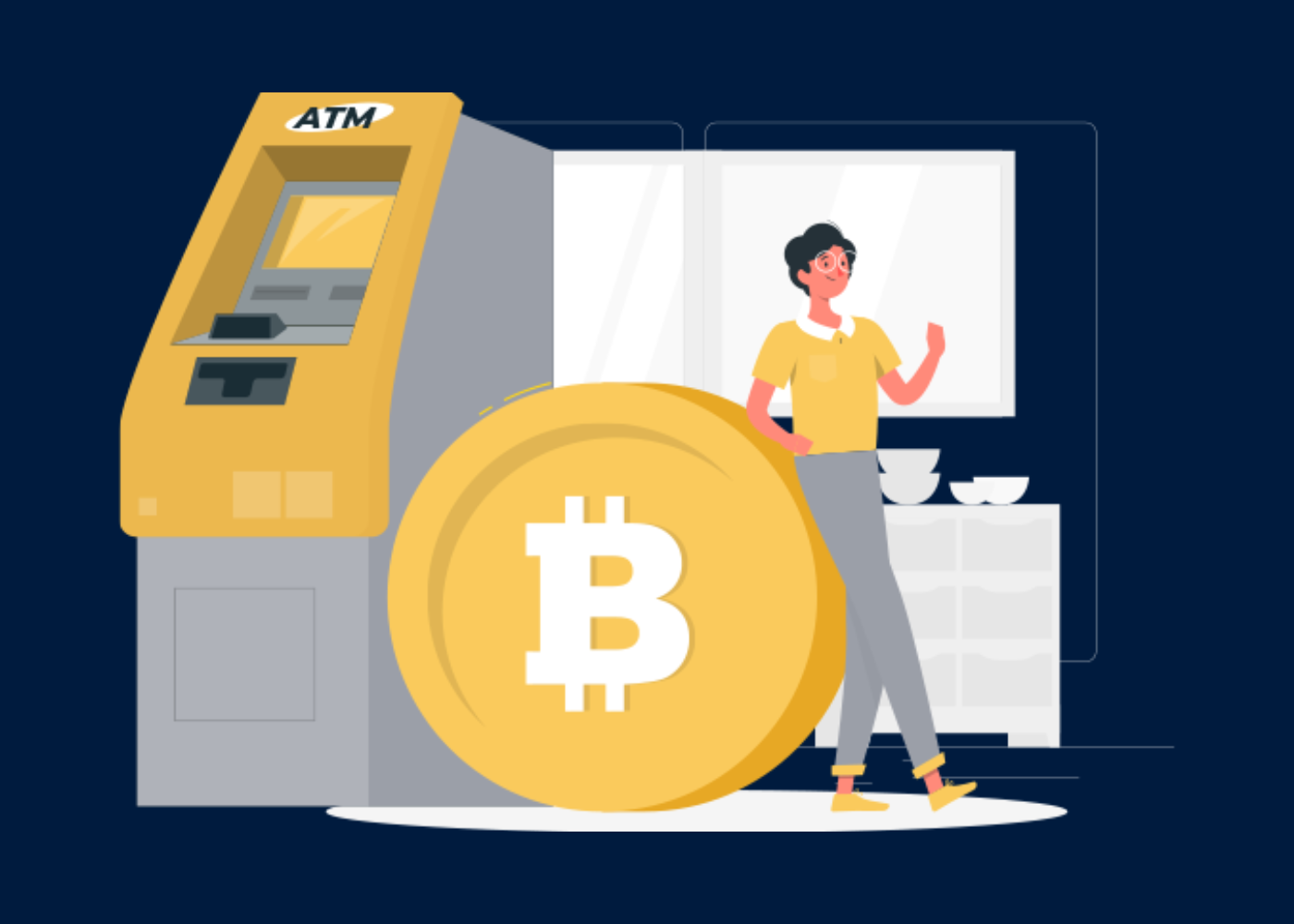Insider Trading in Private Companies is a serious matter, and compliance with the laws governing it is essential to avoid potential legal consequences. The term “insider trading” refers to any activity by a person who has access to confidential information relating to an entity’s financial or operational performance and who uses that information to buy or sell securities of that entity.
It is illegal in most countries and carries heavy penalties, including fines and imprisonment. In other words, insider trading is buying or selling a publicly traded company’s stock by someone with non-public, material information about that company. Non-public, material information is any information that could substantially impact an investor’s decision to buy or sell a security.
In particular, this is material information that has not been made available to the public. A hypothetical example is when a publicly traded company executive learns that the upcoming earnings report will be substantially better than anticipated. The executive buys many shares before the report’s release knowing that this information will probably cause the company’s stock price to soar.
On that note, in the illegal kind, one breaches the company’s trust by trading based on inside information while others remain ignorant. While in legal cases, an insider buys or sells securities of their corporation based on inside information. With that in mind, this article will explain what the process usually entails and the regulations governing insider trading in private companies.
Understanding What The Insider Trading Process In Private Companies Entail
To enumerate, Insider Trading in Private Companies is defined as a malpractice wherein the trade of a company’s securities is undertaken by people who, under their work, have access to otherwise nonpublic information, which can be crucial for making investment decisions. It includes purchasing or selling shares based on important secrets that give a disproportionate advantage.
As a rule of thumb, insider trading is typically acceptable if it adheres to all applicable regulations and laws. Examples of insider trading permitted include pre-planned transactions where insiders, such as executives or workers, can carry out transactions following directions known as Rule 10b5-1 projects. Or rather, if the information is appropriately released to the public.
Let’s say; this occurs if such appropriate information is publicly disclosed through regulatory filings or official statements. There could also be non-material information where trading on data that does not meet the criteria for material information, i.e., information that would not significantly impact the stock price or investor choices. But there are many insider trading cases.
When people trade securities based on crucial non-public information, they are often considered to be engaging in insider trading, which is against their fiduciary and trust obligations. It turns into a crime when insiders, including company executives or workers, violate their responsibility to behave in the best interests of shareholders by misusing or disclosing secret information.
The other types:
- Classic Insider Trading: Buying or selling assets based on important non-public information.
- Tipper-Tippee Trading: An insider gives others access to confidential information so they can trade using it.
- Material Non-public Information: Trading based on information that is not generally known to impact the stock price.
- Trading During Blackouts: Insider trading during times when particular people are barred from trading.
- Front-Running: Trading on behalf of customers or the corporation ahead of significant orders.
- Misappropriation: Trading is done using confidential information stolen or misused.
Luckily, there are steps to safeguard investor interests, uphold market integrity, and preserve a certain level of confidence in the financial markets. At all costs, insider trading often entails actions that enable those with access to confidential information to profit from it. We’ll outline the process below to make things easier for you to understand how insider trading works.
How it works:
- Information Acquisition: Through their positions or connections, insiders, such as corporate executives or employees, can access sensitive and essential information about a corporation. Information that could substantially impact the company’s stock price includes forthcoming mergers and acquisitions, financial results, regulatory clearances, product developments, and other info.
- Decision Making: Insiders decide whether to buy or sell securities using non-public information as a basis for their judgments.
- Trades Execution: Insiders carry out their trades through brokerage accounts or other channels to profit from the expected price movement brought on by the privileged information. They may purchase or sell the stocks directly or indirectly through relatives, friends, or offshore accounts to hide their connection.
- Profits Gain: When relevant information is made public and affects the stock price, insiders can either sell their holdings for a profit at a higher price or avoid losses before the stock price decreases.
For your information, an insider is a person who has exclusive access to material, non-public knowledge about the company due to their job or relationship with the company. Top-level executives, directors, officials, and workers who have access to confidential data that has the potential to affect the value of the company’s securities materially are often considered insiders.
In layman’s language, insiders are regarded so because they have information that the broader public does not, which enables them to make wise financial decisions. It is significant to remember that insiders are legally obligated to operate in the company’s and its shareholders’ best interests and that trading based on inside information is entirely against the law.
Some Unique Process Challenges And Key Considerations To Know About
On the one hand, one of the unique challenges of insider trading in private companies is the lack of publicly available information. On the other hand, the lack of public information makes it more difficult for outside investors to determine the actual value of the company’s securities, and it can create opportunities for insiders to profit from the material, non-public information.
Insider Trading has the potential to manipulate stock prices, deceive investors, and undermine public trust in the system’s impartiality. International regulatory organizations, including the Securities and Exchange Commission (SEC) in the United States, have established strict rules and punishments to discourage and prosecute anyone who engages in insider trading.
Unfortunately, some private companies often have fewer compliance resources than public companies, making it more challenging to implement and enforce insider trading policies. What are the differences between private and public company insider trading? In most cases, insider trading in private companies is subject to the same laws and regulations as public companies.
But there are some differences to consider. For example, private companies may have different rules around when insiders are allowed to sell their shares, as there may be restrictions on when the company can go public or be acquired. Additionally, private companies may have fewer reporting requirements, making it more difficult for regulators to identify and investigate potential risks.
The key players:
- Corporate Insiders: Corporate insiders, such as executives, directors, and employees, have a responsibility to comply with insider trading laws and regulations. Insiders must know what information is considered material and non-public and follow the company’s insider trading policy.
- Compliance Officers: Compliance officers ensure that the company’s insider trading policy is implemented and followed. This includes educating insiders and employees on insider trading laws and regulations, establishing internal controls, monitoring and reporting insider trading activity, and investigating potential violations.
- Legal Counsel: Legal counsel advises the company on insider trading laws and regulations and ensures that the company’s insider trading policy complies with these laws. Legal counsel may also be responsible for defending the company in the event of an insider trading investigation or lawsuit.
Some insider trading hypothetical cases might assist in explaining how this illegal practice might arise and its potential effects.
A few hypothetical situations:
- First, a publicly traded company executive learns that the upcoming earnings report will be substantially better than anticipated. On that note, the executive buys many shares before the report’s release knowing that this information will probably cause the company’s stock price to soar. The stock price does fly after the release of the favorable earnings report, enabling the executive to sell the shares at a sizable profit.
- Secondly, a scientist involved in a ground-breaking medicinal experiment hears that the results are overwhelmingly encouraging. As such, the scientist covertly buys shares in the pharmaceutical business, knowing this information will cause the stock price to soar. The stock price increases when the positive trial findings are announced, allowing the scientist to sell the shares at a profit.
Remember, insiders are those who can easily access price-sensitive information. Insiders can be categorized into three groups: (1) the traditional insider, (2) the quasi-insider, and (3) the intermediary insider (Doffou 2003).
The Top Best Practices For Staying Compliant With Insider Trading Laws
Unlike public companies, private companies do not have publicly traded securities, and therefore, insider trading can be more challenging to detect and regulate. However, insider trading in private companies is still subject to the same laws and regulations as public companies. As well as the Securities and Exchange Commission (SEC) towards increasing insider trading scrutiny.
As mentioned, insider trading is a controversial practice that has long captivated investors, authorities, and the general public. This illegal activity includes purchasing or selling shares based on important secret information that gives some people a disproportionate advantage in the world of finance. These people, often known as insiders, have special access to private information.
Eventually, this could include impending corporate statements, financial outcomes, or significant events that could significantly impact the price of a company’s shares. Insider trading threatens the integrity and dependability of the financial system and undermines the principles of open and equitable markets. The aim is fairness and maintaining an even playing field for all players.
These are the guiding principles of insider trading rules. Remember, when non-public information is used for one’s benefit, it compromises the honesty and transparency of the financial markets. By illuminating the best practices, we aim to improve insider trading knowledge and its effects, ultimately promoting a more fair and equitable investing environment for all, such as follows.
1. Establish Clear Policies
Private companies should have a comprehensive policy outlining what constitutes insider trading, who is subject to the procedure, and the consequences of violating the policy. Legal instances of insider trading are when people or organizations engage in trading activities based on crucial non-public information without breaking any insider trading rules or laws.
Significantly, corporate insiders, like executives or workers, may, for instance, carry out pre-planned trades through prearranged programs, known as Rule 10b5-1 plans, that specify the specifics and timing of their careers in advance. These transactions are carried out following legal regulations and are openly stated.
2. Educate Your Employees
All employees, including business managers and executives, should receive regular training on the insider trading policy and the importance of compliance. This training should cover identifying insider information and the consequences of trading on that information. Additionally, employees can possess insider information while abstaining from trade to uphold their legal obligations.
Implementing vital compliance programs, educating staff about legal obligations and repercussions, establishing specific policies and guidelines, keeping an eye on trading activity, enforcing stringent information barriers, carrying out routine audits, and fostering an ethical and honest culture within the company are all ways to prevent employees from partaking insider trading.
3. Understand Trading Windows
By all means, understanding trading windows and insider trading is essential for investors to understand. Trading windows refer to the period during which company insiders are allowed to buy or sell shares of their company’s stock. Insider trading is the illegal practice of using insider knowledge or non-public information about a company or its stock for personal gain.
Insider trading is illegal in most countries and carries considerable penalties if found guilty. Trading windows are typically set up annually and are announced in advance. During these periods, company insiders can buy or sell shares of their company’s stock. These periods are often called “blackout periods” because they are restricted from trading their company’s stock.
Insider trading is a serious legal concern and can be challenging to detect. Usually, most companies have policies to prevent insider trading and monitor their insiders’ activities. These policies are designed to protect the rights of shareholders, prevent market manipulation, and ensure fair and equitable markets.
4. Monitor Employee Trades
As a rule of thumb, private companies should have a system to monitor employee trades and ensure compliance with the insider trading policy. This system should include pre-clearance requirements, trade reporting, and monitoring of transactions for suspicious activity. Investors must understand trading windows and insider trading, which can affect their decision-making when investing in a company’s stock.
5. Enforce Trading Policies
In most cases, insider trading offenders may face hefty fines, imprisonment, disgorgement of profits, and civil lawsuits. Thus, private companies should take violations of the insider trading policy seriously and enforce the consequences outlined in the policy. This includes disciplinary action, termination, and reporting violations to regulatory authorities.
The main consequences:
- Legal And Financial Penalties: Insider trading can result in significant legal and financial penalties for individuals and companies. Individuals found guilty of insider trading can face fines, imprisonment, and disgorgement of profits. Companies can face fines, reputational damage, and legal liability for failing to prevent insider trading.
- Reputational Damage: Insider trading can have significant reputational consequences for individuals and companies. If a company is found to have allowed insider trading to occur, it can damage its reputation with investors, customers, and the public.
- Impact On Company Culture: Allowing insider trading to occur can also hurt company culture. It can create a perception that insiders are taking advantage of their positions for personal gain, eroding trust among employees and stakeholders.
Mainly, insider trading undermines the fairness of financial markets by creating an uneven playing field. For your information, market surveillance activities are one of the most effective ways of identifying insider trading. The SEC uses sophisticated tools to detect illegal insider trading, especially during critical events such as earnings reports and vital corporate developments.
The Most Recent Insider Trading In Private Companies Sample Cases
Several recent cases of Insider Trading in private companies have served as a reminder of the importance of staying compliant with insider trading laws and regulations. One high-profile case involved former Uber executive Anthony Levandowski, who was charged with stealing trade secrets and insider trading related to Uber’s acquisition of the self-driving truck company Otto.
Levandowski was accused of downloading trade secrets related to self-driving car technology from Google’s Waymo and taking them with him when he left the company to find Otto. He then allegedly used this information to make trades in Uber’s stock before the acquisition was announced, earning him a profit of approximately $250 million.
Another example is the case of former Equifax executive Jun Ying, who was convicted of insider trading related to a data breach that affected millions of consumers. Ying was accused of using non-public information about the breach to sell his Equifax shares before the breach was publicly disclosed, avoiding a loss of approximately $117,000.
These cases demonstrate that insider trading can occur in private companies just as quickly as in public companies and that the consequences can be significant. Both Levandowski and Ying faced legal and financial penalties for their actions, including fines and imprisonment. These cases also highlight the importance of robust insider trading policies and controls to prevent and detect risks.
The insider trading effects:
- Insiders receive an unfair edge, which causes unjust market circumstances.
- Investor’s loss of faith in the integrity and fairness of the financial markets.
- Stock price manipulation and potential harm to investors without access to confidential information.
- Reducing the market’s efficiency and openness.
Generally, insider trading is a severe crime that jeopardizes investor confidence and market integrity. A mix of governmental actions, corporate policy, outreach, and enforcement is needed to prevent insider trading. We may work towards fair and open financial markets that safeguard the interests of all players by encouraging openness, moral conduct, and robust compliance.
In Conclusion;
Insider Trading in Private Companies has unique rules and regulations requiring compliance. Private companies must be aware of insider trading laws and diligently monitor and enforce them. While insider trading can benefit company insiders, it is essential to remember that it can have severe consequences if not done effectively by following the standardized jurisdiction’s laws.
It is essential for private companies to stay informed and to remain compliant with the laws governing insider trading to avoid potential risks, fines, and other penalties. This article has explored the complex world of insider trading, including insider trading definitions, many manifestations, prominent instances, and the legal system intended to forbid and penalize such behavior.




